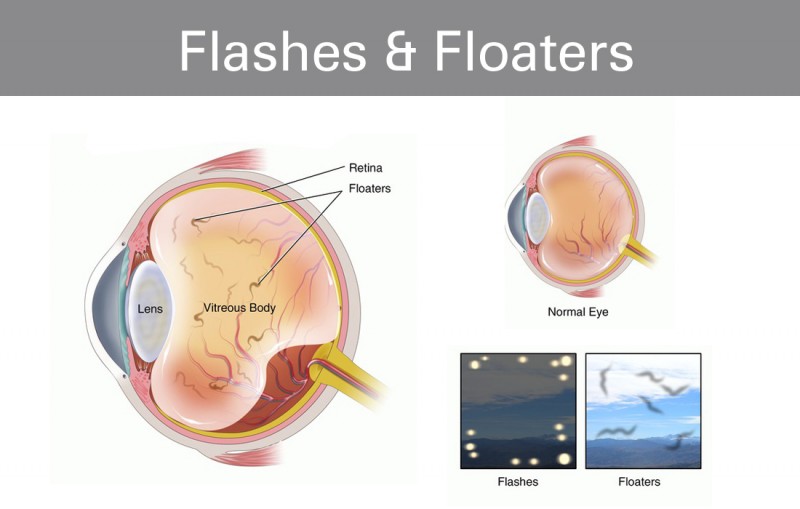Sonographers in Demand - Exploring Specializations and Career Growth

The Rising Need for Skilled Sonographers
The demand for sonographers is increasing due to advancements in medical technology and an aging population. As technology continues to evolve, sonographers are required to operate complex equipment, interpret images, and provide critical information for diagnoses and treatments. This growing need for skilled sonographers has created a promising career path for those interested in diagnostic medical imaging.
Sonographers play a crucial role in diagnostic medical imaging, using ultrasound technology to produce images of the human body. These images are vital for healthcare professionals to diagnose and treat various medical conditions. The expertise of sonographers is essential in providing high-quality images, ensuring accurate diagnoses, and guiding treatment plans. With the rise of medical imaging, the importance of skilled sonographers cannot be overstated.
Specializations in Sonography
Sonographers have the opportunity to specialize in various fields, each with its unique requirements and applications. This diversification enables sonographers to tailor their careers to their interests and skills, leading to a more fulfilling and challenging profession.
Abdominal Sonography
Abdominal sonography focuses on the diagnosis and treatment of disorders related to the abdominal organs, such as the liver, gallbladder, and kidneys. Sonographers specializing in abdominal sonography require in-depth knowledge of abdominal anatomy and pathology.
Breast Sonography
Breast sonography is a specialized field that concentrates on the diagnosis and evaluation of breast diseases, including cancer. Sonographers in this field must possess a high level of expertise in breast anatomy and pathology, as well as advanced sonographic techniques.
Neuro Sonography
Neuro sonography involves the use of ultrasound technology to diagnose and treat neurological disorders, such as stroke, brain tumors, and cerebral vasospasm. Sonographers specializing in neuro sonography require a strong understanding of neurological anatomy and physiology.
Obstetric and Gynecological Sonography
Obstetric and gynecological sonography focuses on the diagnosis and evaluation of disorders related to the female reproductive system, including pregnancy, infertility, and gynecological cancers. Sonographers in this field must possess a deep understanding of obstetric and gynecological anatomy and pathology.
Each specialization requires specific skills and training, offering diverse career paths for sonographers. By pursuing a specialization, sonographers can enhance their professional development, increase their earning potential, and contribute to improved patient outcomes.
Education and Certification Requirements
Becoming a sonographer requires a strong educational foundation and professional certification. Here's a detailed overview of the requirements:
Academic Prerequisites
To embark on a career in diagnostic medical sonography, one typically needs to possess an associate's degree or higher in diagnostic medical sonography or a related field. A bachelor's degree can be beneficial for advanced research or educational roles. The program should be accredited by the Commission on Accreditation of Allied Health Education Programs (CAAHEP) to ensure comprehensive training and eligibility for certification exams.
Certification Essentials
Certification by the American Registry for Diagnostic Medical Sonography (ARDMS) is a crucial step for career advancement. The ARDMS offers various certifications, such as the Registered Diagnostic Medical Sonographer (RDMS) credential, which demonstrates expertise in specific sonography specialties. To become certified, sonographers must pass a rigorous exam, adhering to the ARDMS's standards and continuing education requirements for recertification.
Career Growth and Salary Expectations
As a sonographer, career growth and salary expectations are promising and varied. With experience and specialized training, sonographers can move into leadership roles or specialize in a particular area, increasing their earning potential.
According to the Bureau of Labor Statistics, the median annual salary for diagnostic medical sonographers is around $75,000. However, salaries can range from $50,000 to over $100,000 depending on factors such as location, employer, level of experience, and specialization.
Some potential career paths for experienced sonographers include:
- Lead Sonographer or Department Supervisor: overseeing daily operations and managing a team of sonographers
- Specialized Sonographer: focusing on a specific area such as cardiac, pediatric, or musculoskeletal sonography
- Education and Training: teaching and mentoring students and fellow sonographers
- Research and Development: contributing to advancements in sonography technology and techniques
Additionally, sonographers can also consider pursuing advanced degrees or certifications to further enhance their career prospects and salary potential.
Conclusion
Sonography is a rewarding and in-demand career, offering opportunities for specialization and growth. As technology advances and the healthcare industry continues to evolve, the demand for skilled sonographers is expected to rise. By understanding the requirements and opportunities in this field, individuals can make informed decisions about their career paths and take advantage of the many benefits that a career in sonography has to offer.
With various specializations to choose from, sonographers can select an area that aligns with their interests and skills, leading to a fulfilling and challenging career. Moreover, the potential for career growth and professional development is vast, with opportunities for advancement and leadership roles. By exploring the world of sonography, individuals can discover a career that is not only in demand but also deeply rewarding.















Comments ()